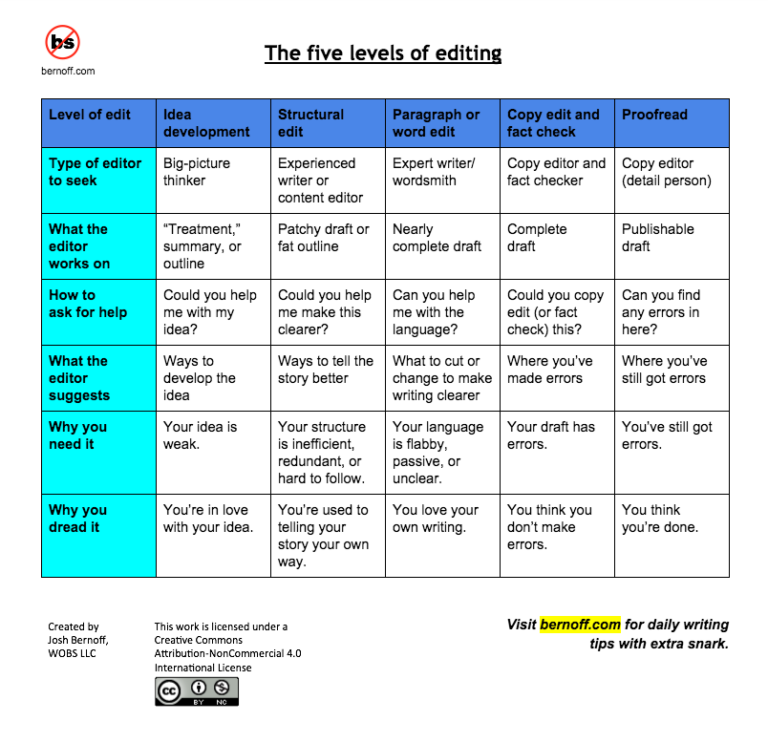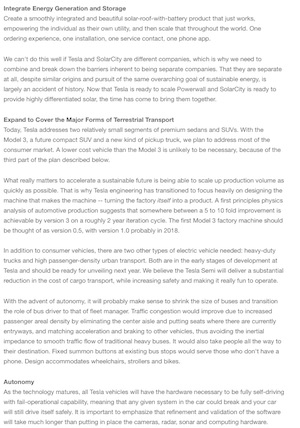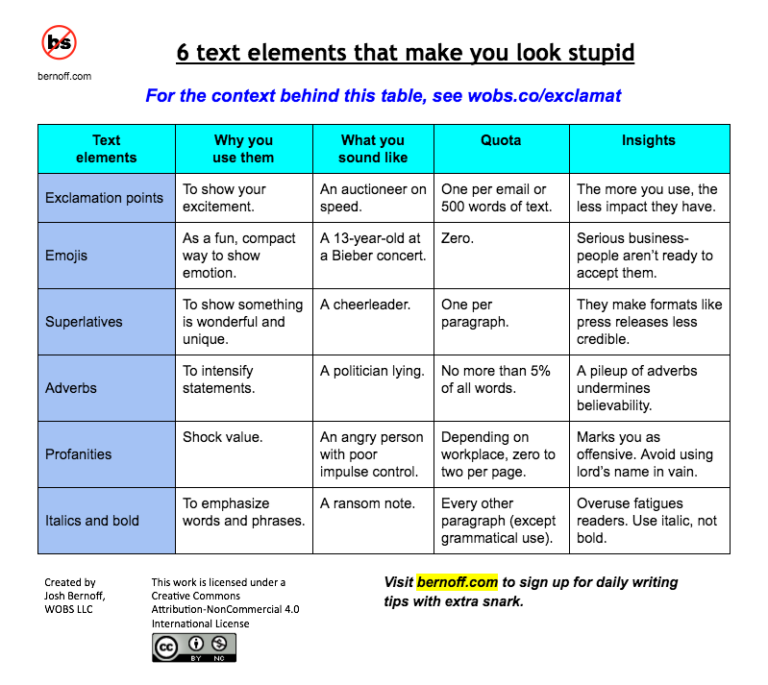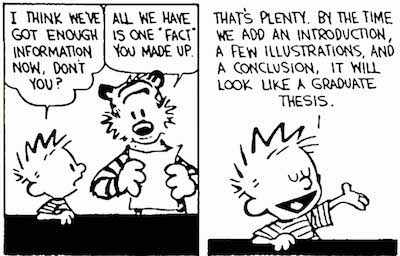Editing week, Level 3: Productive paragraph- and line-editing
Today’s question is simple: how can an editor and author collaborate to make a draft better? The editor must function as “first reader” and provide feedback that explains problems, not just solves them. That’s how you make writers smarter. Assume you’re reading a draft as the main editor for a piece of writing. First, figure out…








